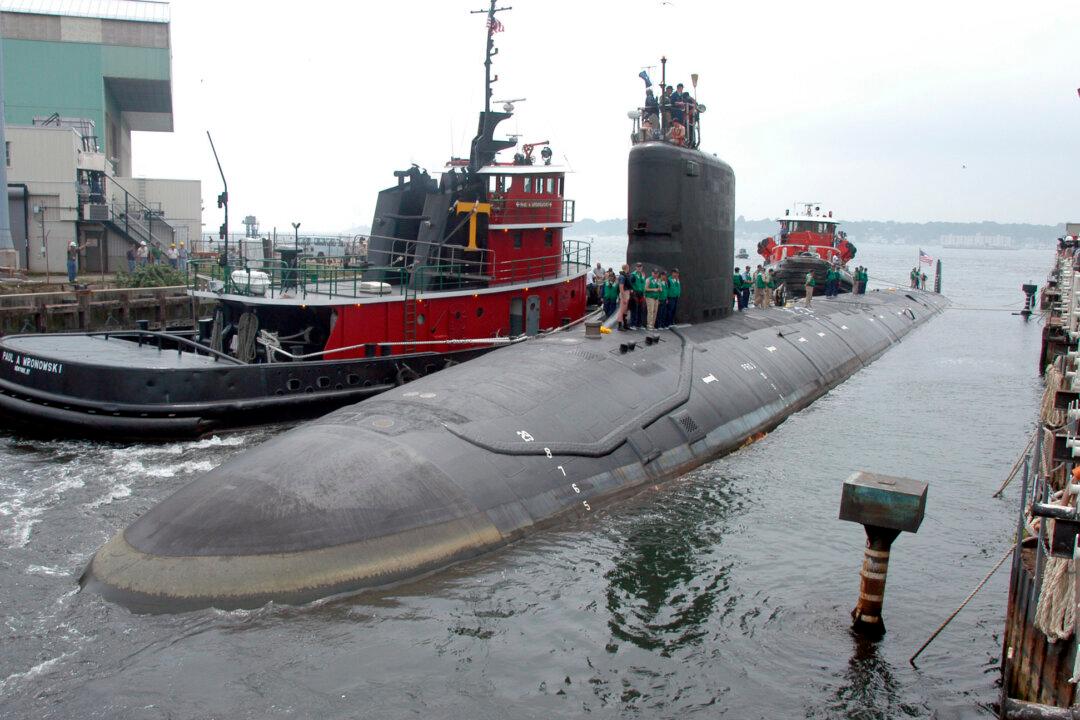A U.S. Navy nuclear engineer and his wife pleaded not guilty on Wednesday to national security charges after they were accused of attempting to sell Navy secrets to a foreign government.
Jonathan, 42, and Diana Toebbe, 45, from Annapolis, Maryland, appeared in separate hearings at Martinsburg federal court in West Virginia on Wednesday, a day after the Department of Justice announced indictments for conspiracy to communicate restricted data and two counts of communication of restricted data.




